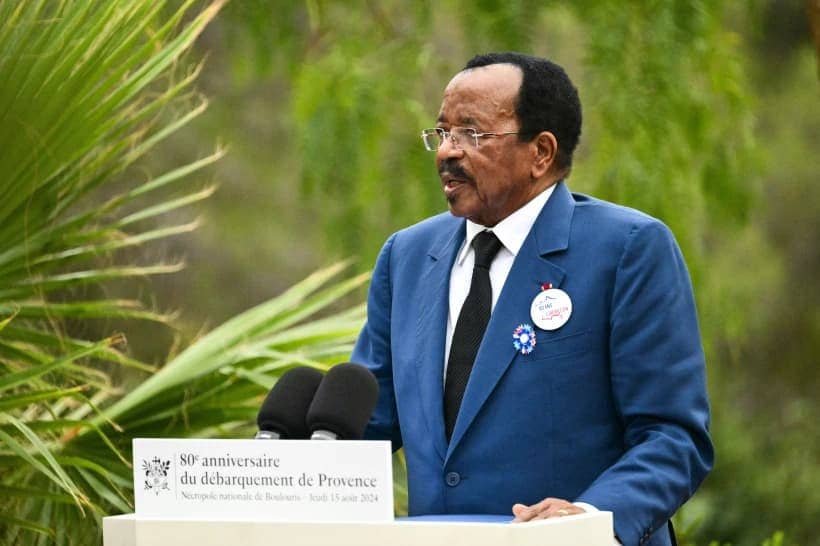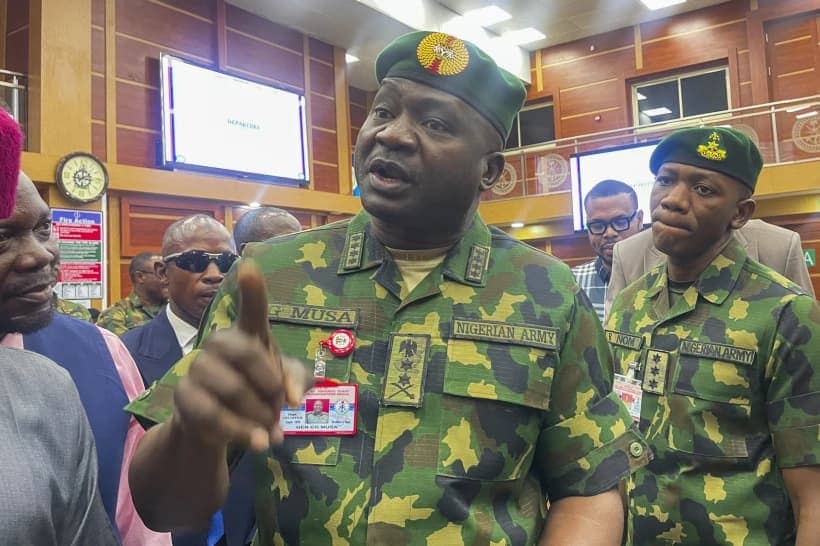YAOUNDÉ, Cameroon – As the country approaches regional elections on Dec. 6, Cameroon’s top prelate says the country is experiencing “the vertigo of growing chaos.”
“For some time, our country no longer lives in the perspective of its progress, but in growing chaos. The effects of this creeping chaos are easily visible in our cities and villages: They derive, in large part, from the weakness of government mechanisms fostered by a deep-rooted Jacobinism, and by the desire to perpetuate the contentment of the ruling elite,” said Bishop Abraham Kome of Bafang, the president of Cameroon’s bishops’ conference.
The government says the Dec. 6 vote is part of the decentralization process that should devolve power to the country’s ten regions and give ordinary people a greater say in day-to-day affairs.
Cameroon has been facing multiple problems, including attacks by Boko Haram in the country’s north and the ongoing Anglophone crisis in the country’s English-speaking western regions.
Decentralization is meant to calm the situation in the Anglophone regions, but falls short of the federalism called for by mean English-speaking leaders.
Maurice Kamto, the leader of the opposition party Cameroon Renaissance Movement (Mouvement pour la renaissance du Cameroun, MRC), has called for a boycott of the vote, and still claims President Paul Biya, in power since 1982, of stealing his victory during the 2018 presidential election.
He said Cameroon must first resolve the Anglophone problem and improve the electoral code before organizing any further elections.
“Our fight against the dictatorship is heading towards its critical phase. Despite the essentially peaceful nature of our struggle for the freedom and development of our country, the regime once again resorts to terror and judicial barbarism,” Kamto said in a statement sent to Crux. “As I have said repeatedly, we want to get out of the dictatorship.”
In a September 14 statement sent to Crux, Kome expressed concern over “the refusal to this day to give our country an electoral process more capable of bringing into office those whom the greatest number would have freely chosen,” and noted this “appears to be a ploy to perpetuate the privileges of the ruling class.”
The bishop warned that the strategy of failing to give the people a chance to freely participate in the electoral process breeds despair, and with despair comes chaos.
“In the present state of affairs we must realize, to our shame, that we have succeeded in escaping from the demands of ‘existing and, in doing so, we have become human beings without humanity. The most decisive – but not exclusive – revolution for our society today is therefore to re-teach ourselves and to teach our children that Man is not made for personal contentment, but for the intoxicating joy of giving oneself to the service of the common good,” Kome said.
The bishop said the highest goal of every society should be the pursuit of the common good in line with Catholic Social Teaching, explaining that within this teaching people can find the solidity of the soil that allows a people to advance, and this “solid soil” is built mainly by means of a good education that each parent, whether biological or sociological, can effectively give, at the most opportune moment, to the children placed under their authority.
“I have reason to believe that as long as this critical mass of altruists who are desperately committed to the ‘wellbeing’ of the whole is not substantially constituted, the future will always be exposed to the risk of utopianism,” Kome added.
Kome’s remarks came just days before another Cameroonian prelate dipped his toes in the country’s political waters.
Archbishop Samuel Kleda of Douala accused civil servants of doing the bidding of the political party in power.
“You cannot force anyone to be part of a party. In no case should this be the situation,” said Kleda.
“However, we know that here in Cameroon, if you are a civil servant, you are obliged to support the party in power. This is not acceptable. This is what must be changed and that the Cameroonian must accepts to free himself at this level.”















